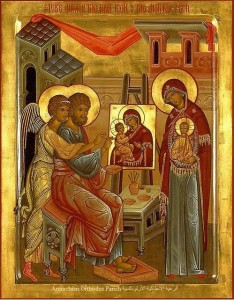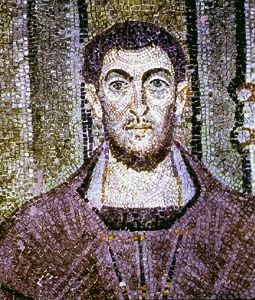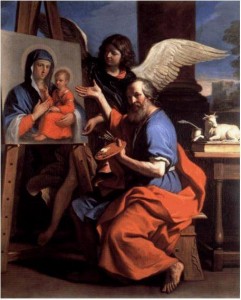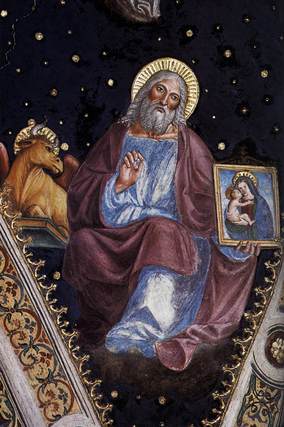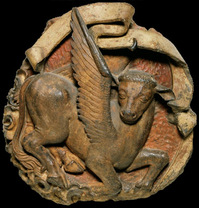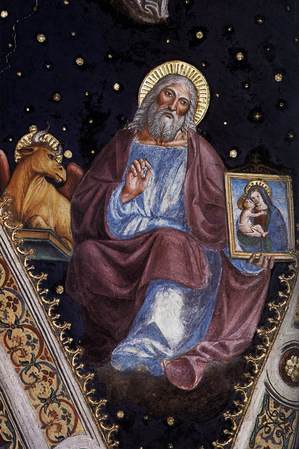 Today we remember the holy apostle and evangelist, Luke.
Today we remember the holy apostle and evangelist, Luke.
A physician by profession, Luke was schooled in Tarsus, which ranked with Athens and Alexandria as a center of learning. He was a gentile, and probably Greek by birth. In the east, Luke is regarded as an artist. Tradition preserves an account of an icon which Luke painted of the Theotokos during her lifetime. Pious belief traces to this prototype several icons, such as the one called the Vladimir Mother of God, some icons on Athos, and one in Rome.
From the many references in the letters of St Paul, we surmise that Paul and Luke were close friends and travelling companions on several missionary journeys throughout Gentile territory. Luke preserved an account of these travels in the Acts of the Apostles. The third Gospel is also his work. Luke’s Gospel relates Christ’s life and message in a manner that reflects a strong compassion for the poor and outcast, and a spirit both joyful and urbane, qualities no doubt present in his own life as a physician and follower of Christ (NS)

